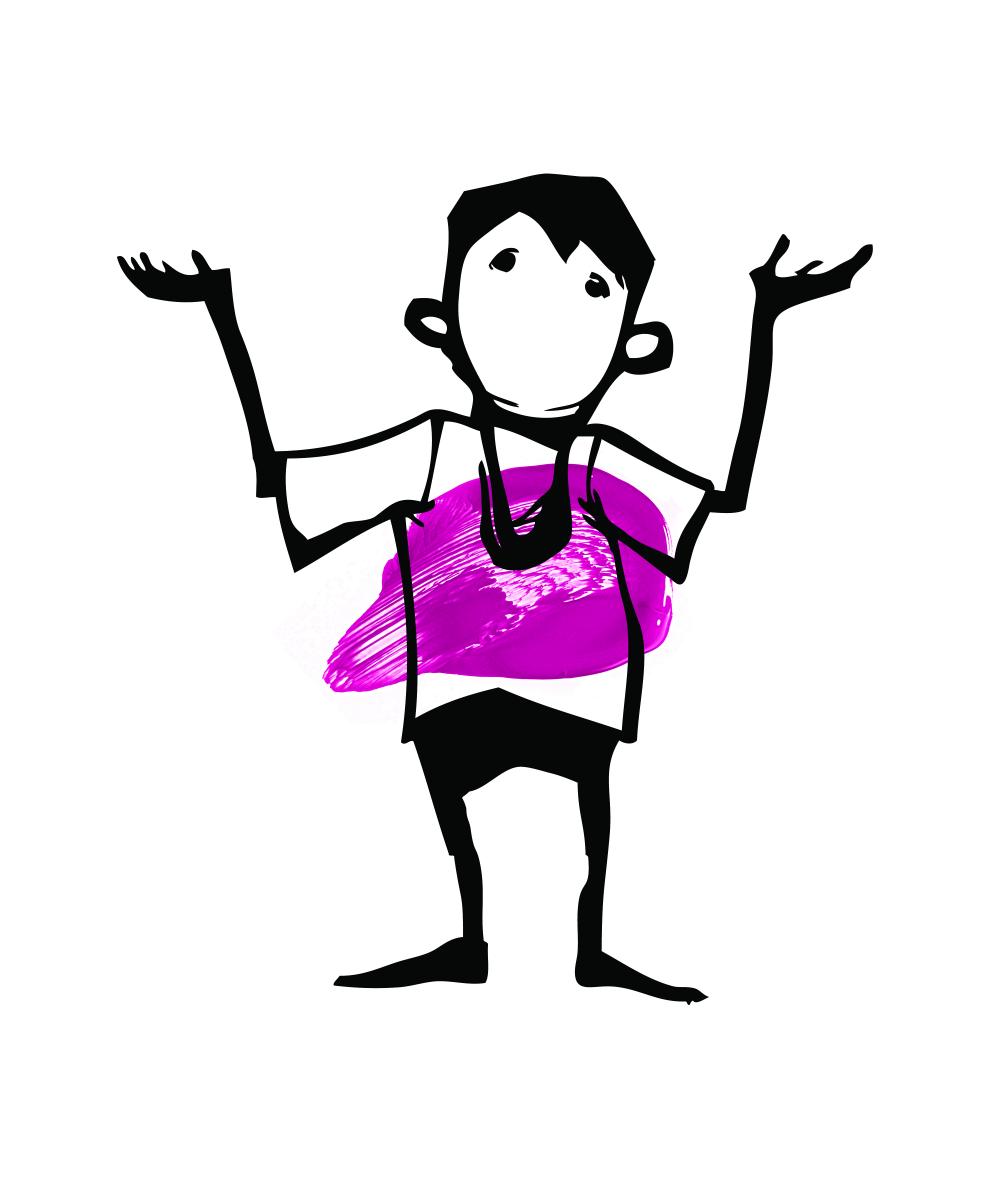Upon getting off the train at the Mexico-Arizona border, 16-year-old Carlos*, his father, and a group of nine other adults were kidnapped by members of a drug cartel. Unknown to them at the time, the foot guide they had paid to help them flee to the United States was working with the cartel and had been leading them into danger the entire trip.
 Carlos and his father had come to the United States to escape violence in Honduras. His father had survived repeated murder attempts by a man in their town and had been in hiding for the past several years. After his father fled to another city in Honduras, the man set his sights on Carlos, threatening him several times in the street. Carlos became afraid to leave the house for fear of what the man would do to him, so he and his father decided that they had no choice but to leave Honduras.
Carlos and his father had come to the United States to escape violence in Honduras. His father had survived repeated murder attempts by a man in their town and had been in hiding for the past several years. After his father fled to another city in Honduras, the man set his sights on Carlos, threatening him several times in the street. Carlos became afraid to leave the house for fear of what the man would do to him, so he and his father decided that they had no choice but to leave Honduras.Just south of the U.S. border, Carlos and his father were held for several days in a basement, guarded by cartel members with guns. When they finally were allowed to leave, each was handed a backpack filled with marijuana and forced to carry it across the border into the United States. They were threatened that if they did not take the backpacks all the way to Tucson, they would be killed and their bodies would be left behind. They walked for three days in the desert in the sweltering August heat. They were barely allowed to rest and walked with guns pointed at them. Just outside of Tucson, they were caught by immigration officers. The Department of Homeland Security separated Carlos from his father and took him and other minors to a “hielera,” a holding facility nicknamed “refrigerator” for the cold temperature at which it is kept. Despite repeated attempts by Carlos and his father to tell the officers what had happened to them, Carlos’ father was deported back to Honduras. It's tragic that a parent and child who fled violence together were separated in this manner by the same government they approached for protection.
I first met Carlos during a Know Your Rights presentation at an Office of Refugee Resettlement shelter for immigrant youth in Chicago, but I did not hear this story until a while later. Children in his circumstances frequently are unable to articulate their motives for seeking refuge in the United States until they have had time to heal, or at least recover from the immediate trauma of their journeys. They are lonely and afraid and are thrown into a legal system that is impossible for them to understand. It takes weeks—and, ideally, access to legal counsel and mental health counseling—for them to feel safe enough to articulate the details necessary to corroborate their cases in the rigorous immigration process.
Children face a complicated, politicized asylum process
When the government apprehends children at the border, they give them a Notice to Appear, a charging document which notifies them that they will be placed in deportation proceedings. Children like Carlos who fear persecution in their home countries can request asylum protection to legally stay in the United States. Under the Trafficking Victims Protection Reauthorization Act (TVPRA), unaccompanied children can make their initial requests for asylum in a non-adversarial setting before the Asylum Office. However, they still must simultaneously move ahead in their removal hearings in the immigration courts. Since last summer, the government has prioritized unaccompanied children’s removal cases so that children appear in court quickly, sometimes within mere weeks of their arrival in the United States. These expedited time frames deny children the time they need to heal and process the trauma they have experienced before they must present their claims for relief to a judge.
 And despite the profound need to protect children fleeing violence, the House of Representatives is working hard to roll back children’s due process protections even more. On March 4, the House Judiciary Committee passed H.R. 1149, the inaccurately named “Protection of Children Act of 2015,” which would place children in expedited removal proceedings, prohibit government-funded counsel, and preclude a child apprehended at the border from being interviewed by an asylum officer before seeing an immigration judge. And on Wednesday, the same committee passed H.R. 1153, the “Asylum Reform and Border Protection Act of 2015,” which duplicates several of the same harmful provisions but also makes it harder for children who have been abused, abandoned, or neglected by a parent to remain lawfully in the United States. It subjects children seeking asylum to the arbitrary one-year filing deadline and unreasonably heightens the standard for assessing whether a child should have an opportunity to present their asylum case to a judge. If Congress and President Obama allow them to become law, these bills will unnecessarily place children’s lives at risk.
And despite the profound need to protect children fleeing violence, the House of Representatives is working hard to roll back children’s due process protections even more. On March 4, the House Judiciary Committee passed H.R. 1149, the inaccurately named “Protection of Children Act of 2015,” which would place children in expedited removal proceedings, prohibit government-funded counsel, and preclude a child apprehended at the border from being interviewed by an asylum officer before seeing an immigration judge. And on Wednesday, the same committee passed H.R. 1153, the “Asylum Reform and Border Protection Act of 2015,” which duplicates several of the same harmful provisions but also makes it harder for children who have been abused, abandoned, or neglected by a parent to remain lawfully in the United States. It subjects children seeking asylum to the arbitrary one-year filing deadline and unreasonably heightens the standard for assessing whether a child should have an opportunity to present their asylum case to a judge. If Congress and President Obama allow them to become law, these bills will unnecessarily place children’s lives at risk.Congress needs compassion—and a reality check
During our first visit with Carlos, 13 days after he arrived in the United States, Carlos was quiet and sad, unable to make eye contact and unable to articulate what he had been through. He shared few details and seemed too shaken to try. But when I met with Carlos again a few weeks later, I reiterated my desire to help him and my commitment to keep what he told me confidential — and he opened up. Although the memory was still painful, he was able to tell me the terrible story of his kidnapping. His details were both concrete and objective — the location where he had been kidnapped, the color and size of the bag he was forced to carry — as well as emotional. His fear was real and raw.
I have since continued to work with Carlos to gather the facts of what happened to him. Since Carlos no longer has family in the United States to care for him while he fights his deportation case, he remains in government custody and waits for a foster care placement to become available. He often is sad and worries about his father’s safety. He understands that it will get easier with time but he still does not like to discuss what happened to him at the border. He fears that he will be judged or punished for handling drugs, so he is hesitant to talk about the terrifying experience.
Stories like Carlos’ are unfortunately not uncommon. The journey from Central America to the United States is fraught with unexpected danger, yet many people have no choice but to take the risk because staying in their homes would mean certain harm or even death. Honduras has the highest homicide rate in the world, with over 90 people murdered for every 100,000 inhabitants. Organized crime and gangs are incredibly violent. The highest percentage of unaccompanied minors coming to the U.S. from Honduras come from San Pedro Sula, dubbed the “murder capital of the world,” with a homicide rate of 187 per 100,000 inhabitants.
In order to ensure that children like Carlos have access to due process throughout their immigration proceedings, the U.S. government must take into consideration that it takes time for children to recover from the trauma of their journeys and the violence that caused them to flee from their homes. Based on our experience providing legal counsel to thousands of unaccompanied immigrant children, NIJC recommends that instead of rolling back the TVPRA protections, Congress make the following reforms:
1. Provide appointed counsel to all unaccompanied children in removal proceedings. No child should be forced to navigate the complex immigration system alone.
2. Provide unaccompanied children who are released from government custody with adequate post-release services, including access to mental health services, to give them a fair shot during the removal and asylum application process.
3. Allow individual immigration courts the flexibility to schedule a hearing for a child within a time frame that is appropriate for his or her particular circumstances, and eliminate the pressure to adhere to strict timelines.
When the government deprives children of the chance to express their fears when they come to our borders seeking protection, it robs them of their ability to fight for their needs and safety. Congress and the president must ensure that the youngest and most vulnerable refugees in the United States have a meaningful opportunity to seek the protection they so desperately need.
Elana Gordon is a paralegal for the National Immigrant Justice Center’s Immigrant Children’s Protection Project.
*Name has been changed to protect privacy.

